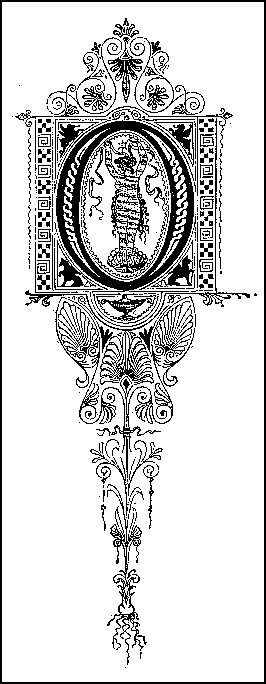Zeroth
Number
Charles Seife
| Waclaw Sierpinski, the great Polish mathematician... was worried that he'd lost one piece of his luggage. "No, dear!" said his wife. "All six pieces are here." "That can't be true," said Sierpinski, "I've counted them several times: zero, one, two, three, four, five." --- The Book of Numbers, John Conway and Richard Guy |
 It may seem bizarre to suggest that Dionysius and Bede made a mistake when they forgot to include zero in their calendar. After all, children count "one, two, three," not "zero, one, two." Except for the Mayans, nobody else had a year zero or started a month with day zero. It seems unnatural. On the other hand, when you count backward, it is second nature.
It may seem bizarre to suggest that Dionysius and Bede made a mistake when they forgot to include zero in their calendar. After all, children count "one, two, three," not "zero, one, two." Except for the Mayans, nobody else had a year zero or started a month with day zero. It seems unnatural. On the other hand, when you count backward, it is second nature.Ten. Nine. Eight. Seven. Six. Five. Four. Three. Two. One. Liftoff.
The space shuttle always waits for zero before it blasts into the air. An important event happens at the zero hour, not the one hour. When you drive toward the site where a bomb went off, you're approaching ground zero.
If you look carefully enough, you will see that people usually do start counting with zero. A stopwatch starts ticking from 0:00.00 and only reaches 0:01.00 after a second has elapsed. A car's odometer comes from the factory set at 00000, though by the, time the dealer's done tooling around town, it's probably got a few more miles on it. The military's' day officially begins at 0000 hours. But count aloud and you always start with "one," unless you're a mathematician or a computer programmer. It has to do with order.
When we are dealing with the counting numbers --- 1, 2, 3, and so on --- it is easy to rank them in order. One is the first counting number, two is the second counting number, and three is the third. We don't have to worry about mixing up the value of the number --- its cardinality --- with the order in which it arrives --- its ordinality --- since they are essentially the same thing. For years, this was the state of affairs, and everybody was happy. But as zero came into the fold, the neat relationship between a number's cardinality and its ordinality was ruined. The numbers went 0, 1, 2, 3: zero came first, one was second in line, and two was in third place. No longer were cardinality and ordinality interchangable. This is the root of the calendar problem.
The first hour of the day starts at zero seconds past midnight; the second hour starts at 1 AM, and the third hour starts, at 2 AM. Though we count with the ordinals (first, second, third), we mark time with the cardinals (0, 1, 2). All of us have assimilated this way of thinking whether we appreciate it or not. After a baby finishes his 12th month, we all say that the child is one year old; he has finished his first 12 months of life. If the baby turns one when she's already lived a year, isn't the only consistent choice to say that the baby is zero years old before that time? Of course, we say that the child is six weeks I old or nine months old instead --- a clever way of getting around the fact that the baby is zero.
Dionysius didn't have a zero so he started the calendar with year 1, just as the ancients before him had started theirs. People of those times thought in terms of the old-style equivalence of cardinality and ordinality. That was just fine ... for them. If zero never entered their minds, it could hardly be a problem.
Of a Dangerous Idea
©2000, Penguin Books